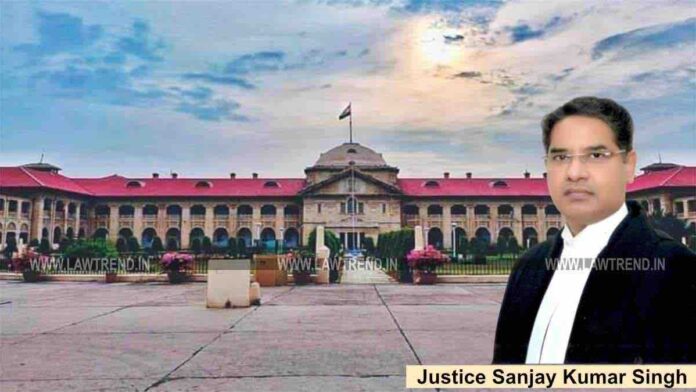In a significant ruling, the Allahabad High Court denied bail to Suraj Kumar alias Vishwapratap Singh, an accused in a POCSO case, while making a strong observation on child sexual abuse cases. The court remarked that “minor victim prefer silent suffering over false allegations,” reinforcing the credibility of child survivors and the need for stringent
To Read More Please Subscribe to VIP Membership for Unlimited Access to All the Articles, Download Available Copies of Judgments/Order, Acess to Central/State Bare Acts, Advertisement Free Content, Access to More than 4000 Legal Drafts( Readymade Editable Formats of Suits, Petitions, Writs, Legal Notices, Divorce Petitions, 138 Notices, Bail Applications etc.) in Hindi and English.




